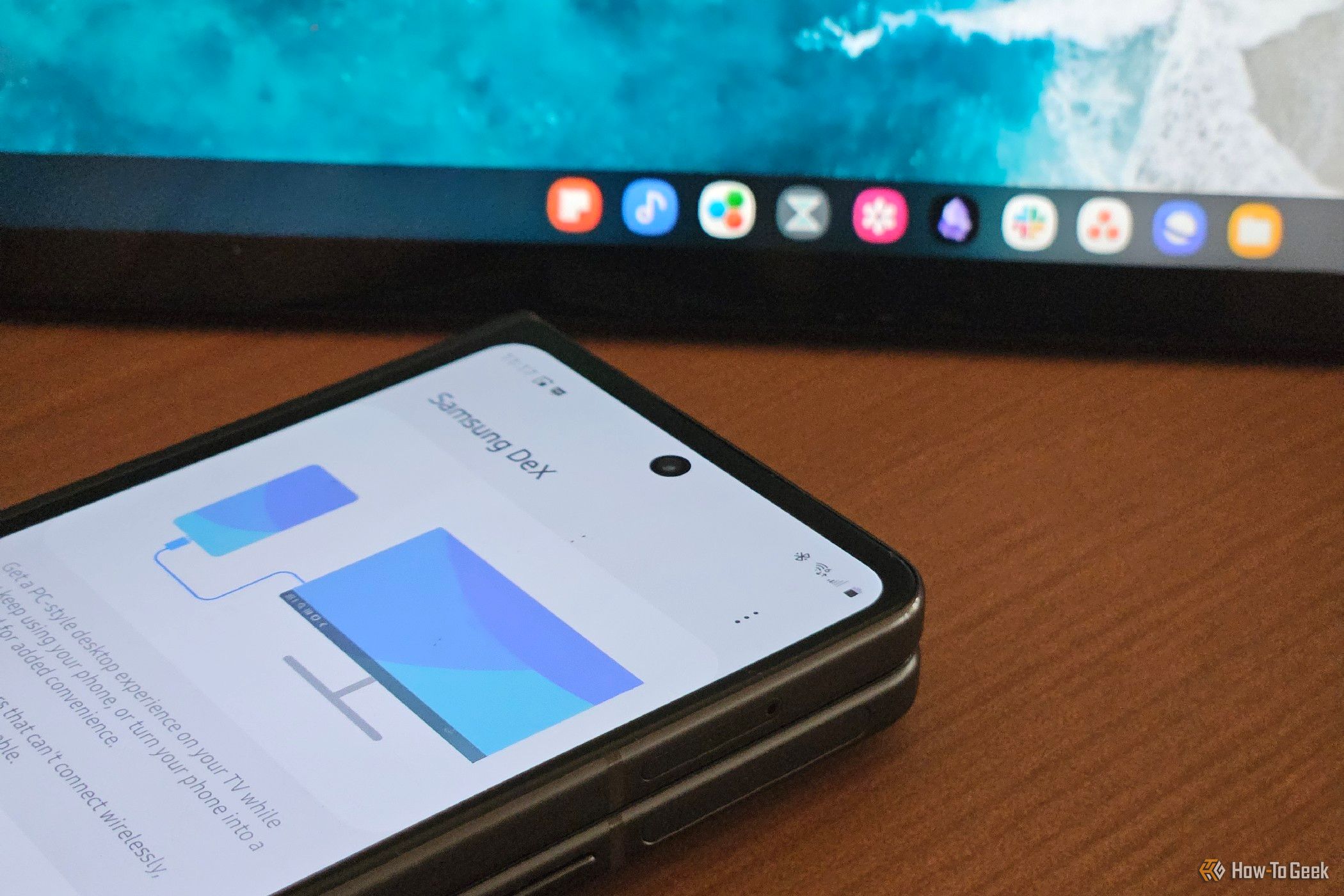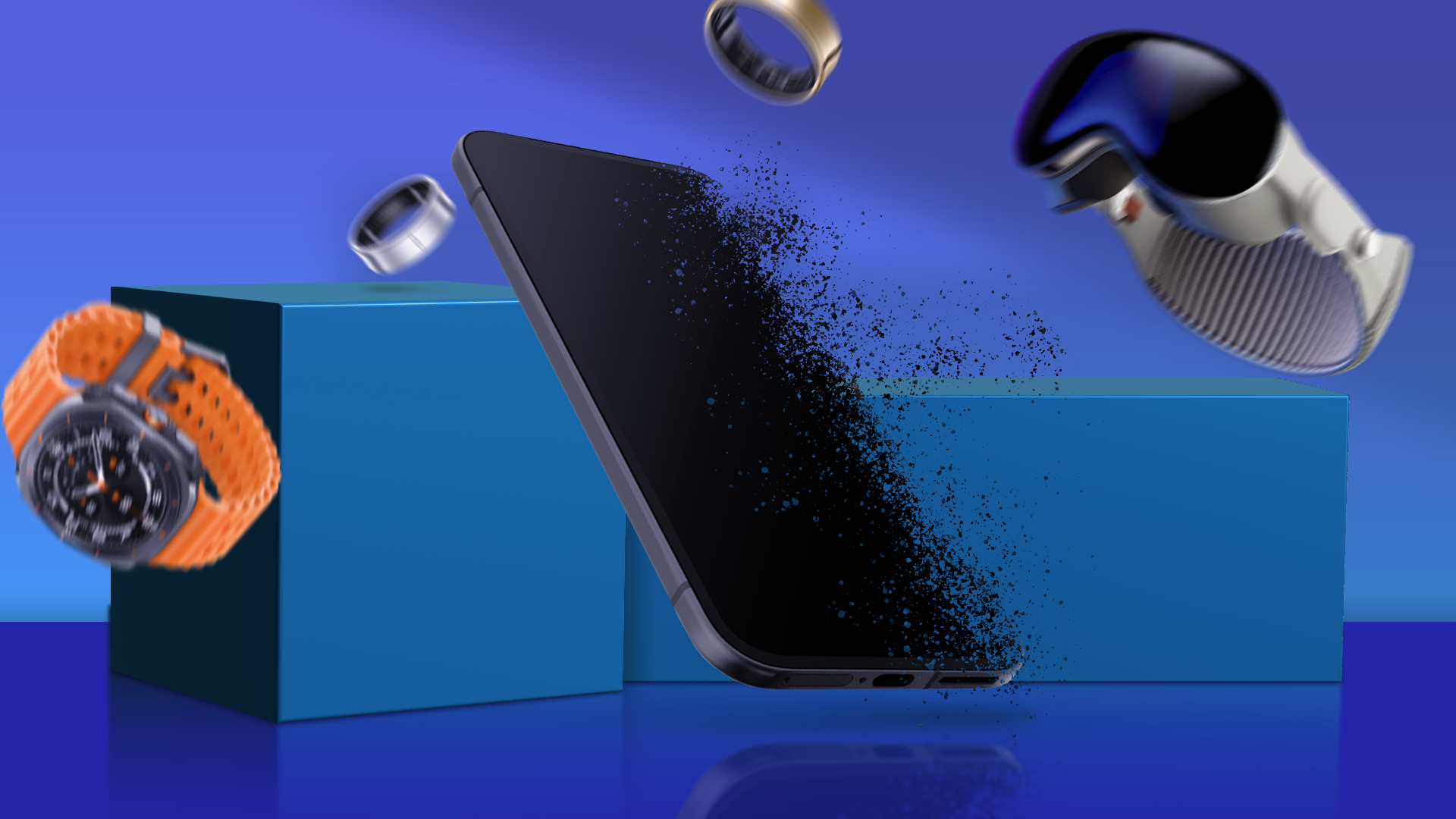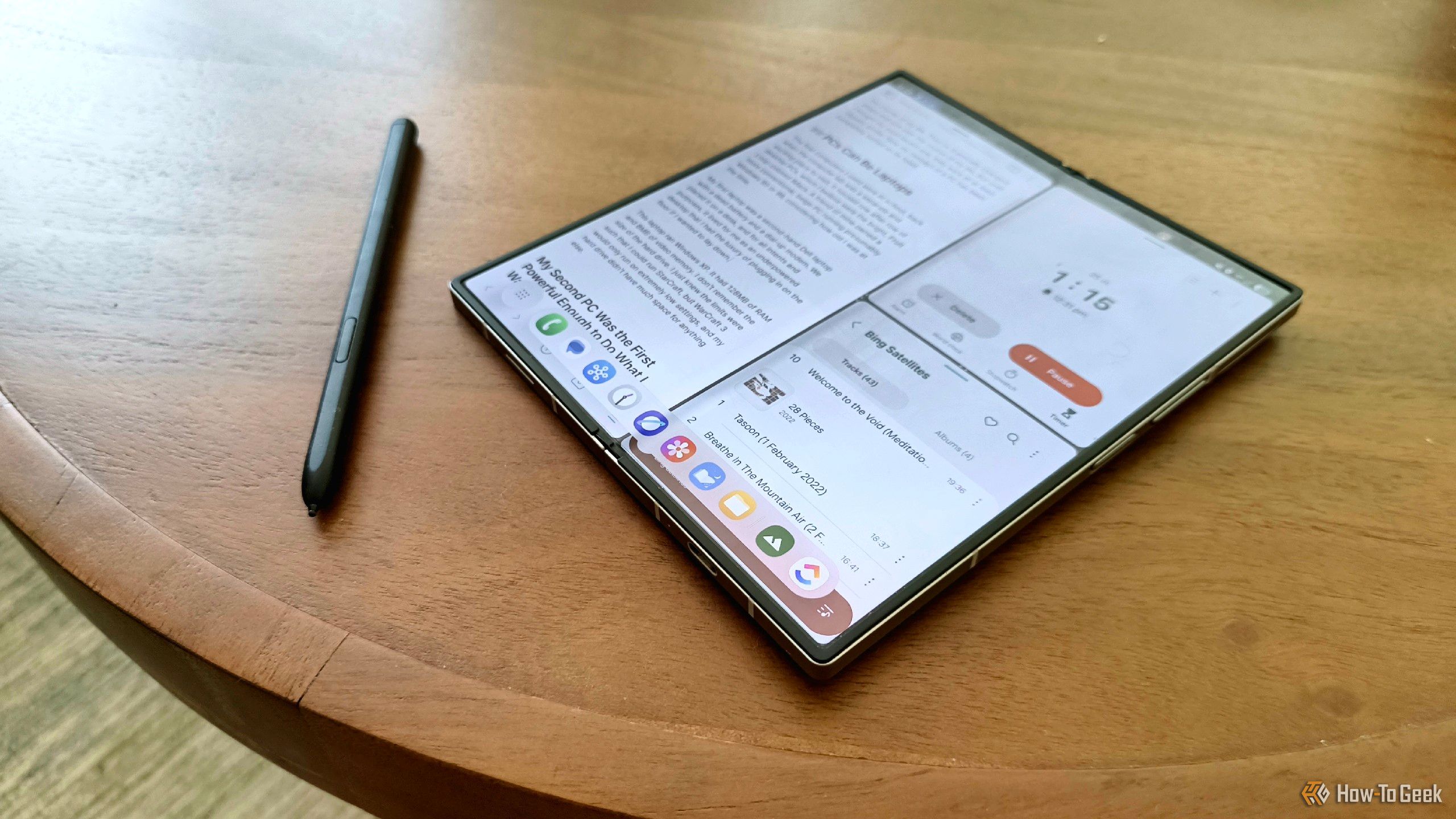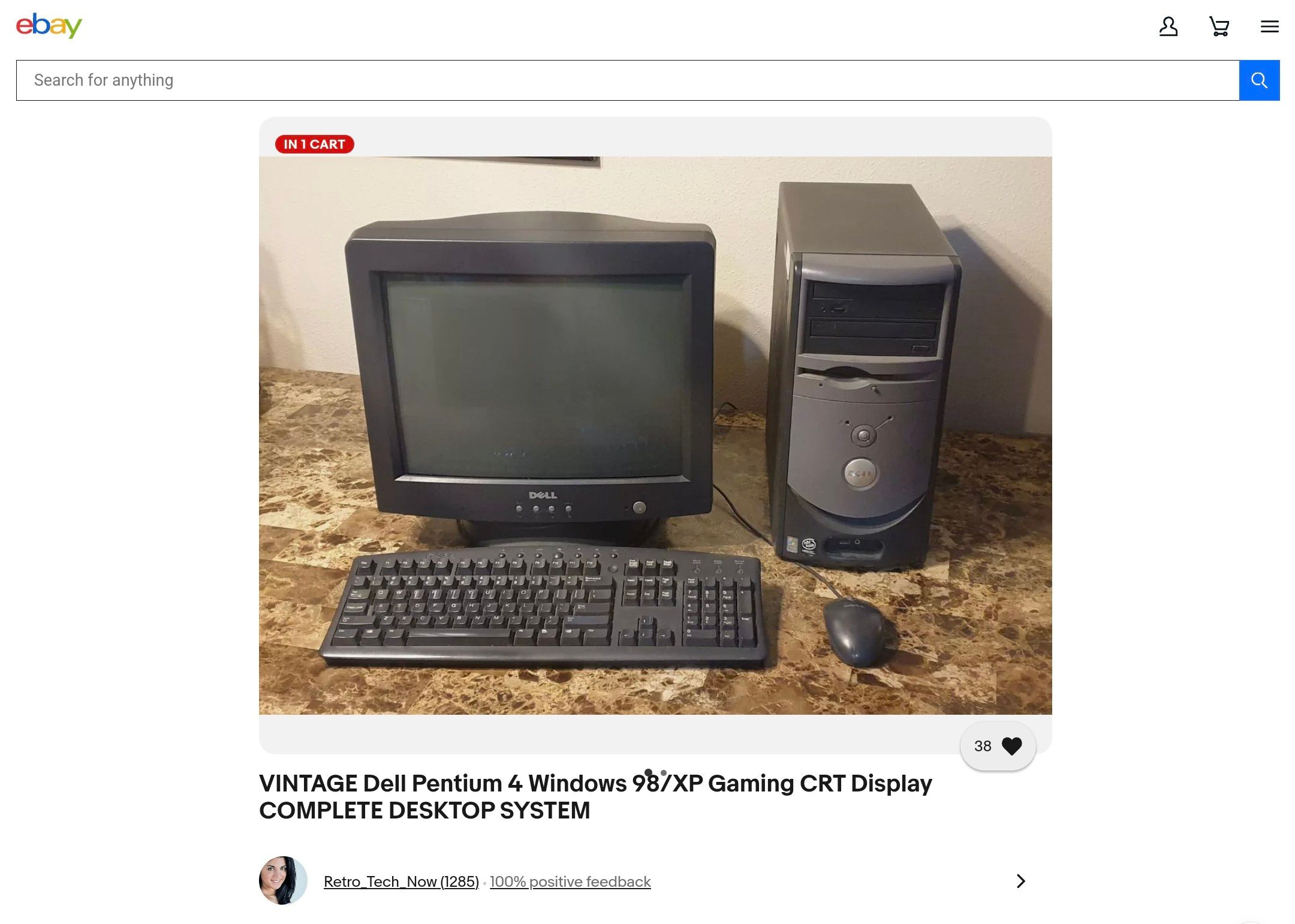What defines a PC has changed substantially over the course of my life. They've drastically changed shape and size, but until I bought my most recent one, they were all at least vaguely similar. Now my concept of a PC has been completely turned on its head.
No Thanks, Keep Reading
PCs Can Be Laptops
The first computer I owned was a second-hand Dell laptop with a dead battery and a dial-up modem. We placed it on a desk, and for all intents and purposes, it was an underpowered desktop that I had the luxury of plugging in on the floor if I wanted to lay down.
This laptop ran Windows XP. It had 128MB of RAM and 8MB of video memory. I don't remember the size of the hard drive, but it was not a number measured in the hundreds. The limits were such that I could run StarCraft, but WarCraft 3 would only run on extremely low settings, and my hard drive didn't have much space for anything else.
I don't have any photos from that time, but there is a corner of YouTube where you can relive the long boot times and garish taskbar on a similar machine.
Yes, I'm aware there are legions who love Windows XP. I never did, even when it was the only operating system I knew.
PCs Can Also Be Desktops
Shocker, I know, but I didn't own PCs in the order they were invented. I don't remember the sequence in which the next two computers entered my life. One was an old iMac my dad was able to bring home from school. It ran an old version of Mac OS, and I was never able to connect it to the internet. This was the only time in my life I ever owned a Mac, and there was little I could actually do with it. Already, computers weren't much use without being able to get online.
My other desktop was my first computer that didn't come with strict power limitations. It was an Intel Pentium Dell desktop with a large CRT monitor. You can still find machines like it floating around eBay.
This Dell machine had 512MB of RAM, and while I don't remember the video memory, it was enough to play Resident Evil 4. Considering that was one of the hottest games on home consoles like my PlayStation 2 at the time, I was blown away. Running StarCraft and WarCraft were no issue at all. I could now run larger office suites like OpenOffice.org rather than lighter apps like AbiWord.
This computer still ran Windows XP, so ultimately my concept of a computer remained unchanged. This was the same fundamental experience, just better.
But Laptops Can Be Just As Good
When I went to college, the school provided me with a Dell Latitude D630 laptop, which came with an NVIDIA graphics card. It wasn't a gaming card, but it was powerful enough to play Xbox 360-quality games on medium settings (which was the current console generation at the time).
This time I had a laptop with a working battery, and I was on a college campus with actual broadband. Plus, it was wireless! Not only was I no longer tethered to a wall, but I wasn't tethered to just those sites that could run on a few kilobytes a second. I could finally stream video from YouTube! I could try out Steam and download games myself, rather than rely on install discs! This was huge for someone like me who grew up in the sticks.
I could also finally download and install Ubuntu Linux, which I had initially come across in high school.
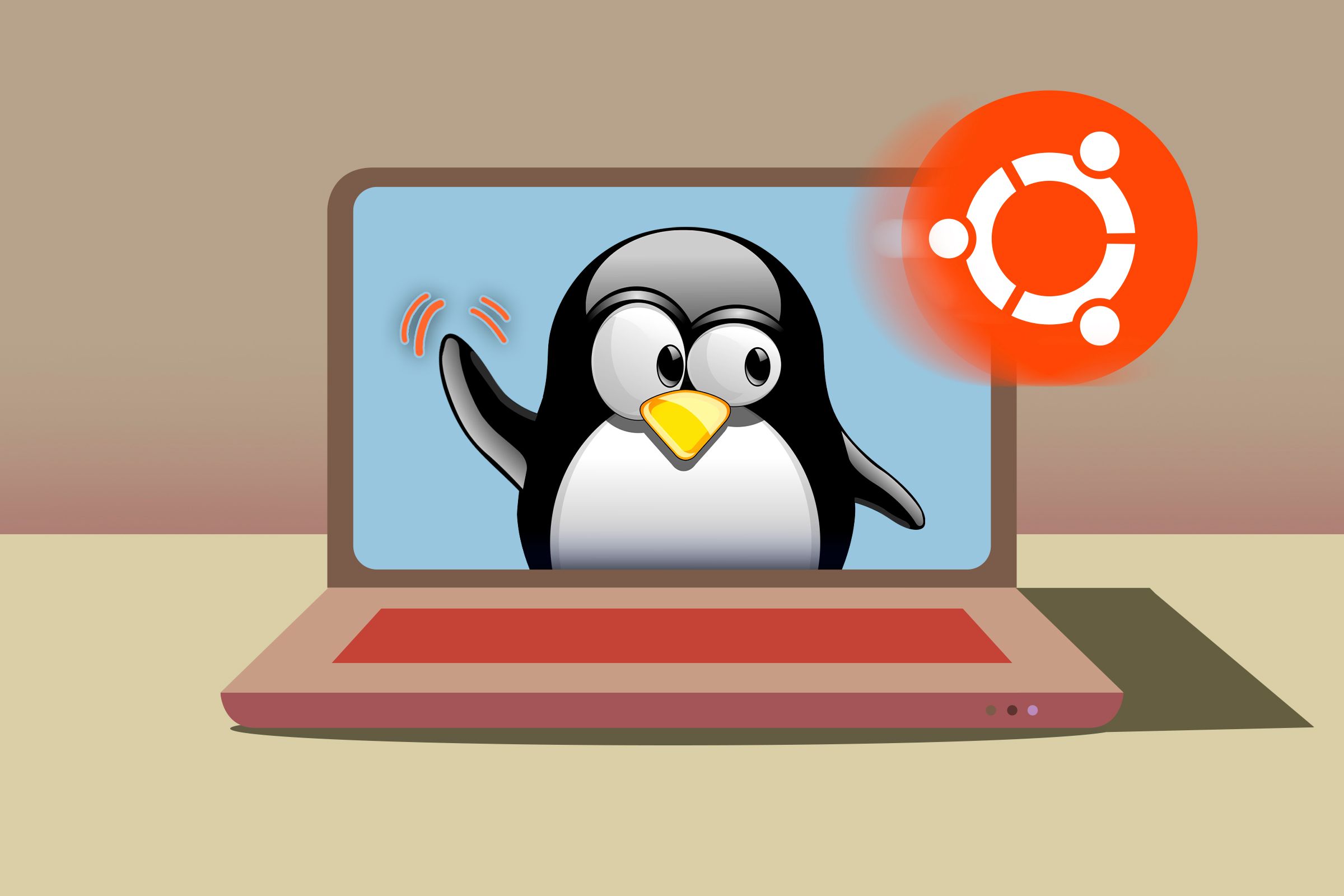
Ubuntu Was My First Distro—Here's Why We Went Our Separate Ways
We just don't see eye to eye anymore.
I never went back to a desktop. As an adult, I've found the portability of laptops too vital to give up. If anything, I wanted my PC to be even more portable.
Can a Tablet Be a PC?
Once tablets hit store shelves, I immediately took a liking to the idea of replacing my laptop with one. It was just a matter of waiting for an option with the right combination of hardware and software. I saw this in the Toshiba Thrive, a 10-inch tablet running Android 3.0 Honeycomb, which was designed exclusively for tablets.
This tablet had a full-sized USB port for flash drives, allowing me to easily transfer files and use printers that I couldn't connect to wirelessly. I bought a Bluetooth keyboard and actually used this tablet during my college classes to take notes and write papers, despite how immature the software was in retrospect. Android has genuinely benefited from having another decade and a half in the oven to bake since then.
I've owned various Android tablets since, ranging from the Nexus 7 to the Boox Tab Ultra C. Yet after a max of a few months, I consistently returned back to a laptop. A tablet could be a PC, but I wasn't having much luck pulling it off long-term.
My Favorite PC Is a Foldable Phone
When I bought the Galaxy Z Fold 5, I was getting it to use Samsung DeX. I had been using a Moto Edge+ 2023 connected to a lapdock for a few months, and I knew I liked the concept. I just needed more mature software.
The Galaxy Z Fold 5 offered that and more. The interior screen is large enough to do everything I previously needed a laptop for. Samsung's apps are more capable than Google's and, for that matter, many of my favorite desktop Linux apps. The phone's interface allows me to manage apps in windows like other PCs. The stylus has become my primary way of using the device, enabling me to write by hand and supplanting my need for a keyboard.
All of this is on addition to the ability to connect my Z Fold 6 to a monitor, pair a keyboard and mouse, and have the traditional PC experience.
A Galaxy Z Fold is a genuine 3-in-1 device that has locked me into Android, because no other device like this is available in the US. It's a phone, tablet, and desktop in one. Frankly, it's so much more. It's my preferred eReader. It's a game console. It's a camera and music player. Ultimately, it's more of a pocket computer than smartphones already are, and it has rewired my brain to think of mobile devices this way.
If I can write, do everything I need to do in a browser, edit images, and manage all of my files—if I haven't had to reach for a laptop in months—why not genuinely embrace this as the only computer I need?
I've used an Android phone as my primary computer for over a year and a half now. At least a year of that has specifically been with a Galaxy Z Fold, though I transitioned to the Galaxy Z Fold 6 along the way. Due to the sheer number of devices I've been able to sell or no longer need to upgrade, this mind shift has saved me money, and it continues to reshape how I inhabit the world.
When your entire working life is spent in front of a PC, it matters quite a bit what shape that PC takes. When I'm done for the day, rather than put my computer to sleep, I now fold it up and slide it into my pocket. My office is anywhere I want it to be.


